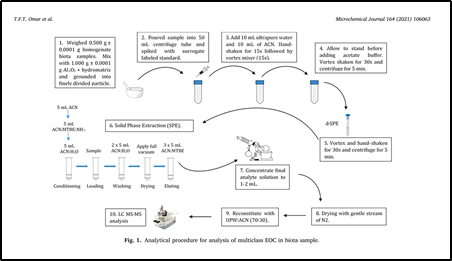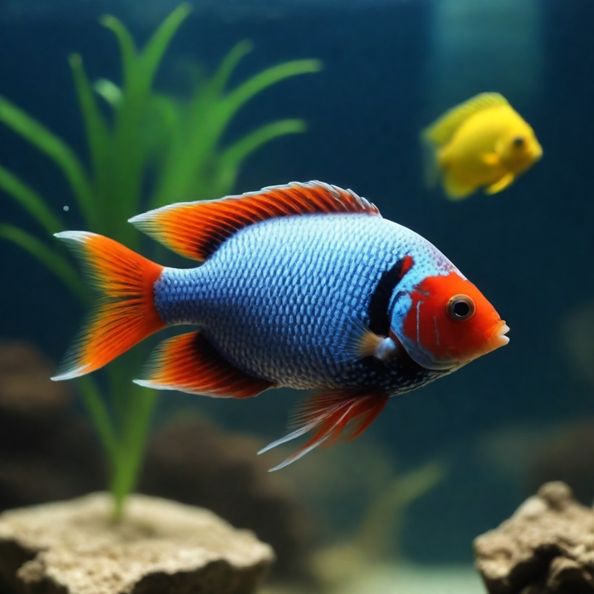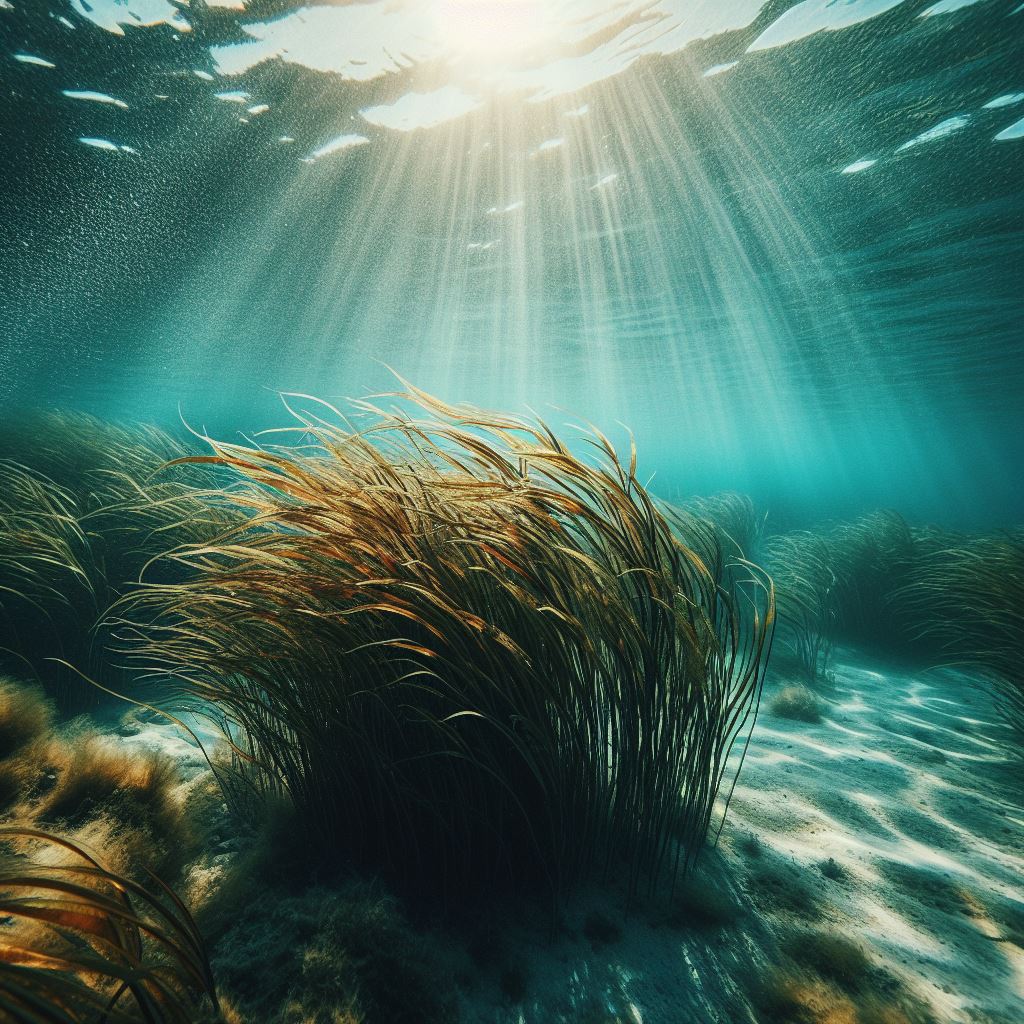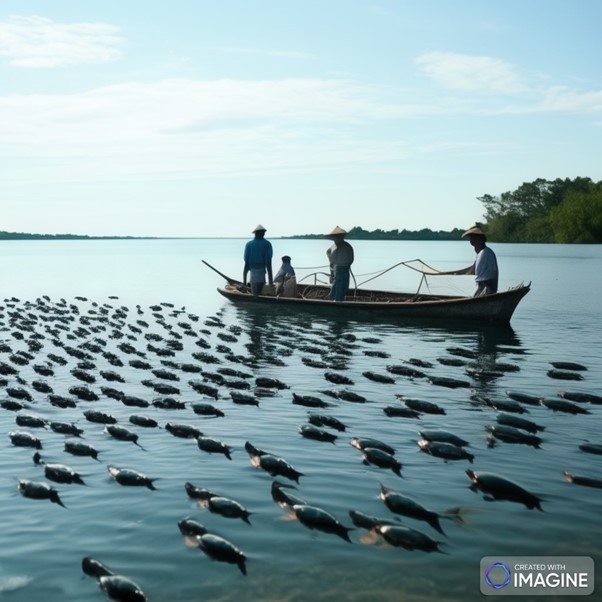Friday, 28 May 2021
By: Tuan Fauzan Tuan Omar, Ahmad Zaharin Aris, Farah Izana Abdullah
Emerging organic contaminants (EOCs) have been attracting scientific as well as public attention as EOCs have been associated with several adverse human health effects such as cancer, reduced fertility/ semen quality, disruption in reproductive and development function, and colorectal and bladder tumors. Accumulation of EOCs were also observed in aquatic biota such as fish, mollusk, and bivalves, suggesting that trophic magnification may take place along the food web, which eventually reaches humans, who are higher-level consumers. Therefore, sensitive and selective method for trace quantification of EOCs in biota matrices need to be developed and optimized. Combination technique of QuEChERS and solid phase extraction cleanup with detection based on liquid chromatography with tandem mass spectrometry (LC MS/MS) was developed and verified by analyzing biota matrices collected from the Klang River estuary. Of the 16 targeted compounds, 10 were detected, namely, diclofenac, bisphenol A, sulfamethoxazole, amoxicillin, E2, E1, progesterone, testosterone, primidone, and 4-octylphenol. The other compounds were below the method detection limit. Therefore, this study illustrated that the optimized method could be used for simultaneous analysis of trace levels of multiclass EOCs in marine biota species with high accuracy and precision.
Web:https://doi.org/10.1016/j.microc.2021.106063

Date of Input: 31/05/2021 | Updated: 31/05/2021 | m_fakhrulddin
MEDIA SHARING





























